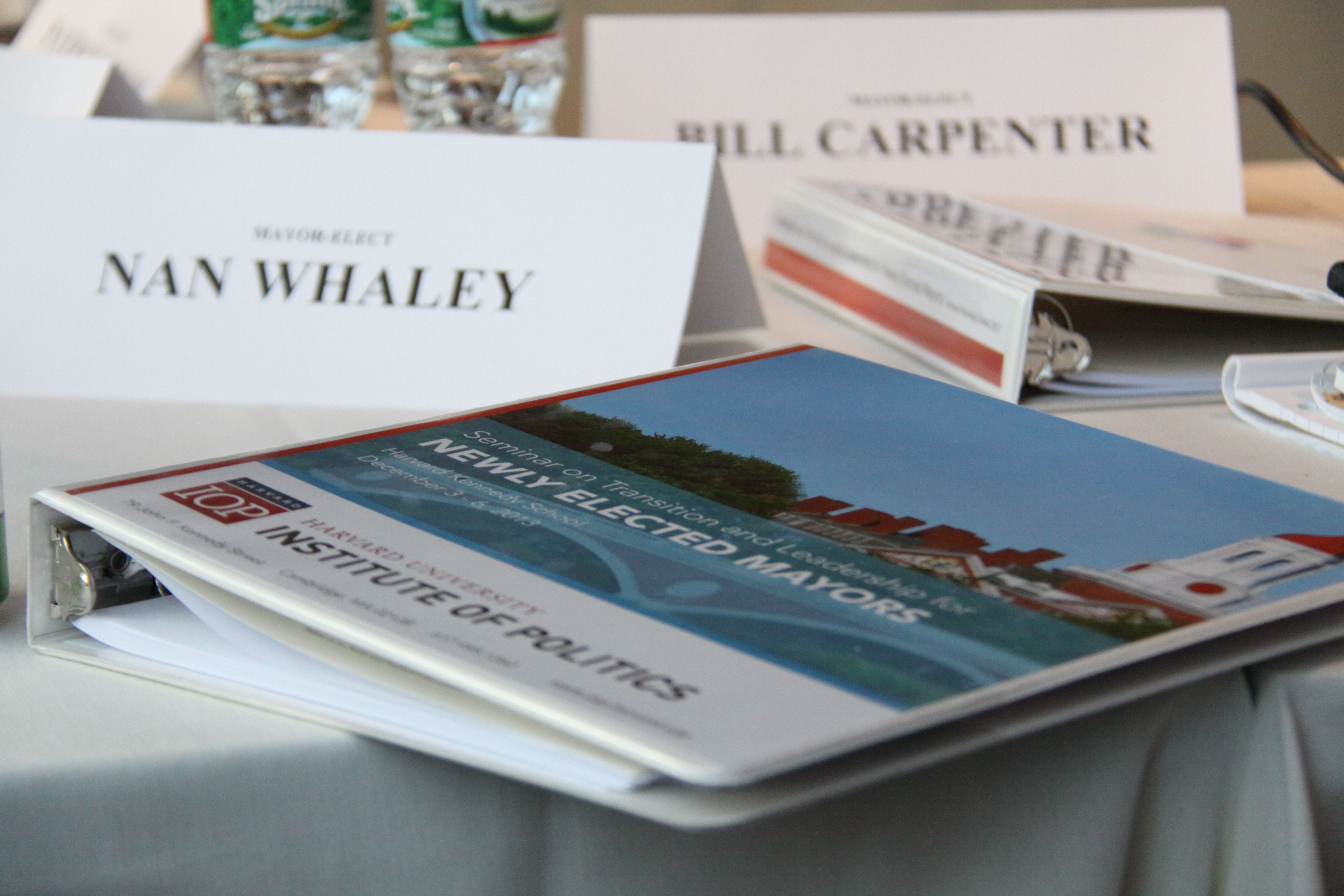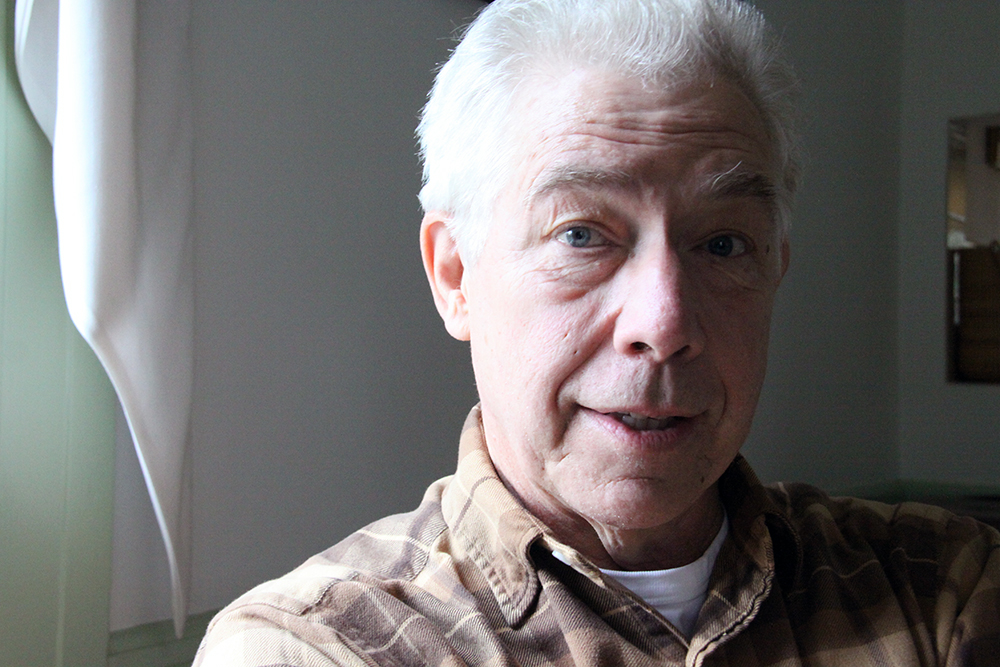confronting cost

New figures show more than 70 percent of college students carry student debt. Up from 68 percent four years earlier. That's according to the Institute for College and Success.
We caught up with two of the new mayors: Seattle's Ed Murray and Pittsburgh's Bill Peduto.
WGBH's Kirk Carapezza asked them about the role higher education plays in economic growth.
More private college presidents are millionaires. Forty-two private U.S. college presidents made more than a million dollars in 2011 – up from 36 in 2010, according to a new report from The Chronicle of Higher Education.
 If you're in college, or you've recently graduated, chances are you've been taught by adjunct, part-time professors. That's because today adjuncts make up more than 50 percent of all college instructors in America — and many of them earn just a few thousand dollars per class. Now, there's a growing movement to unionize these instructors.
If you're in college, or you've recently graduated, chances are you've been taught by adjunct, part-time professors. That's because today adjuncts make up more than 50 percent of all college instructors in America — and many of them earn just a few thousand dollars per class. Now, there's a growing movement to unionize these instructors.

America’s universities are still held in high regard, but doubts persist about the system’s ability to prepare students for success in today’s fast-changing, knowledge-based economy.
The number of college graduates is climbing but too slowly to meet the country's economic needs, according to economists. That's why some innovators want to fundamentally change the way institutes of higher learning award college credit.
At a time when research shows that academic advising is a key to helping college students graduate on time, most say they aren’t getting it.
Sixty percent of students say someone other than an academic advisor is a primary source of information about their schoolwork. About a third of freshmen and 18 percent of seniors rely on friends and family, and another 18 percent on faculty who are not assigned as their advisors.
Federal budget woes continue to be felt on college campuses, with across-the-board cuts putting a squeeze on academic research dollars. In a report released Friday, Moody’s Investors Services says the vast majority of research universities have seen funding reductions or delays in starting projects because of federal cuts known as sequestration.
 A select group of colleges and universities, responding to the public outcry over the skyrocketing cost of college, are cutting their tuition.
A select group of colleges and universities, responding to the public outcry over the skyrocketing cost of college, are cutting their tuition.
In Cambridge, Lesley University will slash its sticker price beginning next fall. Lesley’s new tuition plan comes as many families are rethinking the value and quality of a college degree.
A report released Wednesday by the College Board shows tuition increases at public colleges have slowed slightly, but the cost is still out of reach for most low-income students because government aid has dwindled.
Published tuition and fees spiked nearly 3 percent for in-state students at four-year public schools. The College Board says that’s the smallest one-year increase since 1975.










